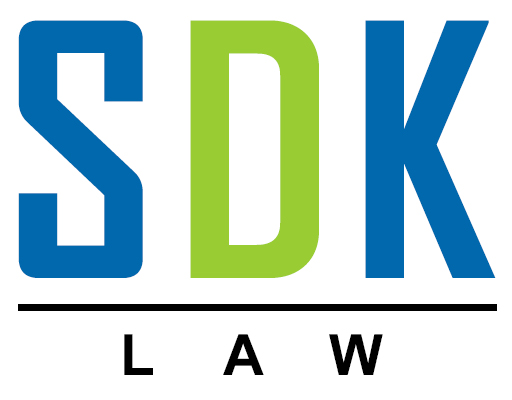CVA's & Company Dissolution
Dissolution is the process of removing or “striking off” a company from the register at Companies House. Dissolution is often the option chosen by directors who wish to retire or those that simply feel that the company has fulfilled its purpose or maybe no longer active. It is not for the purpose of evading creditors. Failure to inform or notify creditors can result in prosecution!
Company dissolution is the method of dissolving a company and closing down the business. This is not just as simple as closing the doors. All assets and liabilities must be dealt with accordingly as you cease to trade. Staff must be paid final wages; all taxes Corporation Tax, National Insurance, PAYE and other tax liabilities must also be paid.
You can simply apply to be struck off the register under the following circumstances.
• The company has not changed name in the last 3 months
• No stock has been traded in the last 3 months
• It is not in the process of liquidation or has agreements such as a CVA in place with creditors
• There are no ongoing legal proceedings against the company
What is a CVA – Company Voluntary Arrangement?
A CVA is a legally binding agreement with your company's creditors to allow a proportion of its debts to be paid back over time. Of the creditors who voted 75% must agree to the proposed agreement. A CVA is a common insolvency solution for companies that carry the burden of debt however are still a viable business. This allows directors to remain in control whilst working through financial difficulties. During this time the CVA agreement is over seen and monitored by an Insolvency practitioner.
Company directors must provide an achievable business plan and outline the regular payments to be made to the administrator to then be forwarded to the creditors and in return the company is granted more time to pay.
Advantages of a CVA
• Improve cash flow
• Consolidation of debts and provides legal protection from creditors included in the agreement
• Company can continue trading
• The current directors still regain control and continue to run the company during restructuring and trading
• This is not a public declaration such as administration, so company reputation can be maintained; it also doesn’t have the associated extra costs of administration
Disadvantages of a CVA
• A CVA will negatively impact a company’s credit rating remaining on your credit file for six years. This may make it difficult for you to prove company stability to future clients and suppliers
• Restructuring may result in job losses as less profitable areas of the business may be required to close in order to cut costs
• If a CVA is not adhered to the company may face closure resulting in directors being liable for all debts associated with the company
This is not a quick process, on average a CVA will run between three and five years.
